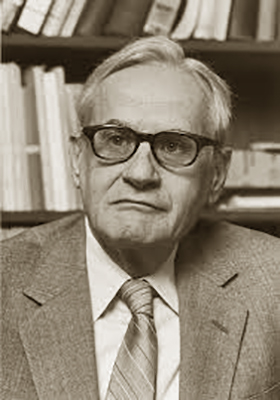|
 Great
empires were conquered by the Aramaic
language Great
empires were conquered by the Aramaic
language
Franz Rosenthal
”In my view, the history of Aramaic
represents the purest triumph of the human
spirit as embodied in language (which is the
mind’s most direct of physical expression )
over the crude display of material
power…Great empires were conquered by the
Aramaic language, and when they disappeared
and were submerged in the flow of history,
that language persisted and continued to
live a life of its own. Of course, there
were many speakers of Aramaic in the
heartland [of the Near East], but what they
had been before, that they remained –
powerless entities, in a world controlled by
others for power and domination. Yet the
language continued to be powerfully active
in the promulgation of religious ideas in
the Near East, which then spread in all
directions all over the world. Some, such as
the gnostic systems, dominated the
spiritual world view for centuries and then
they lost their identities; others, the
monotheistic groups, continues to live on
today with a religious heritage, much of
which found first expression in Aramaic.”
And he added with these striking words:
”The total sweep of Aramaic history thus
presents a marvelous and unique picture. It
teaches us that the underdog may in fact
have the opportunity to play a decisive
role, that it is possible for the word pure
and simple to dominate empires and survive
their dissolution, that it is possible for
the true achievements of the human spirit
to live on even after those who attained
them are no longer the masters of the
material fortunes of themselves and of those
around them. In this there seems to be a
comforting lesson for our own time. It is a
lesson which is plain and inescapable for
everyone who had had a good fortune to
become acquainted with any segment of the
history of Aramaic”
(Sebastian Brock & David G.K Taylor ”The
Hidden Pearl Vol. I The Ancient Aramaic
Heritage p. 6 and 7) |